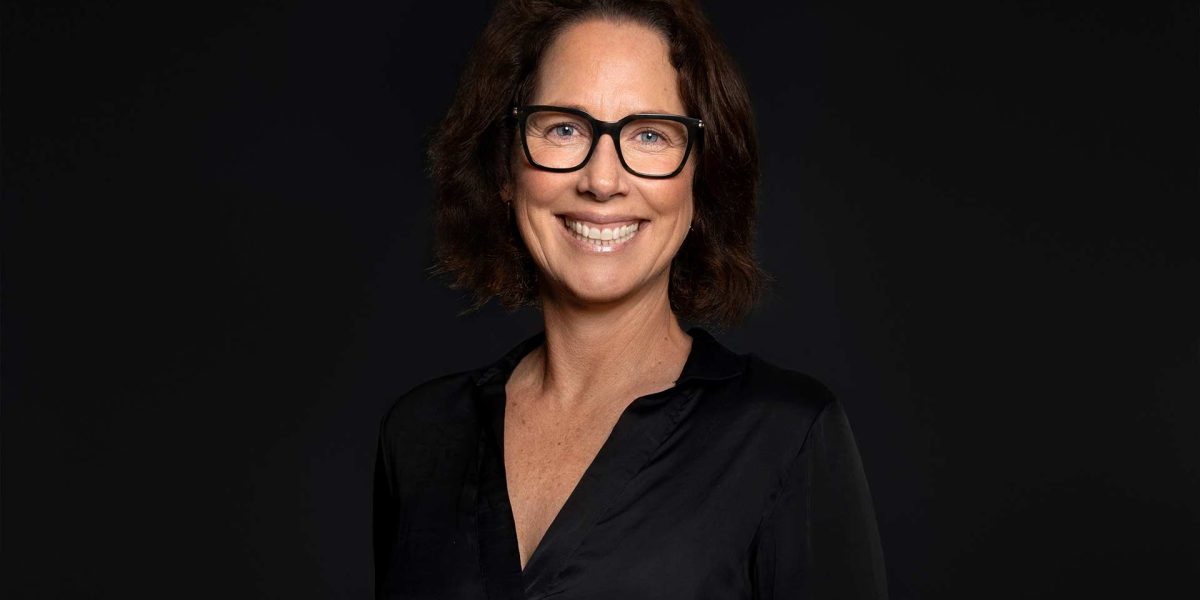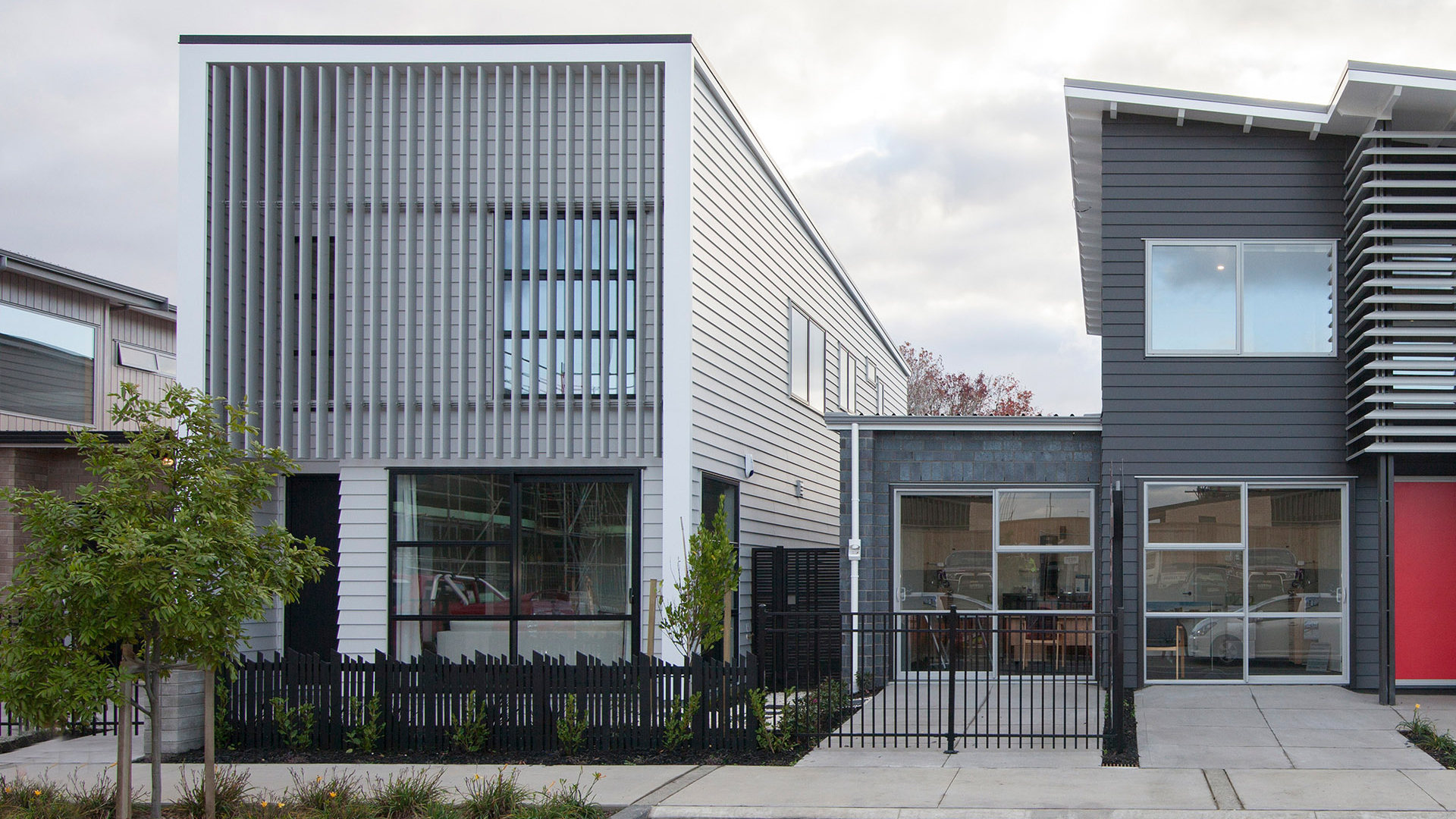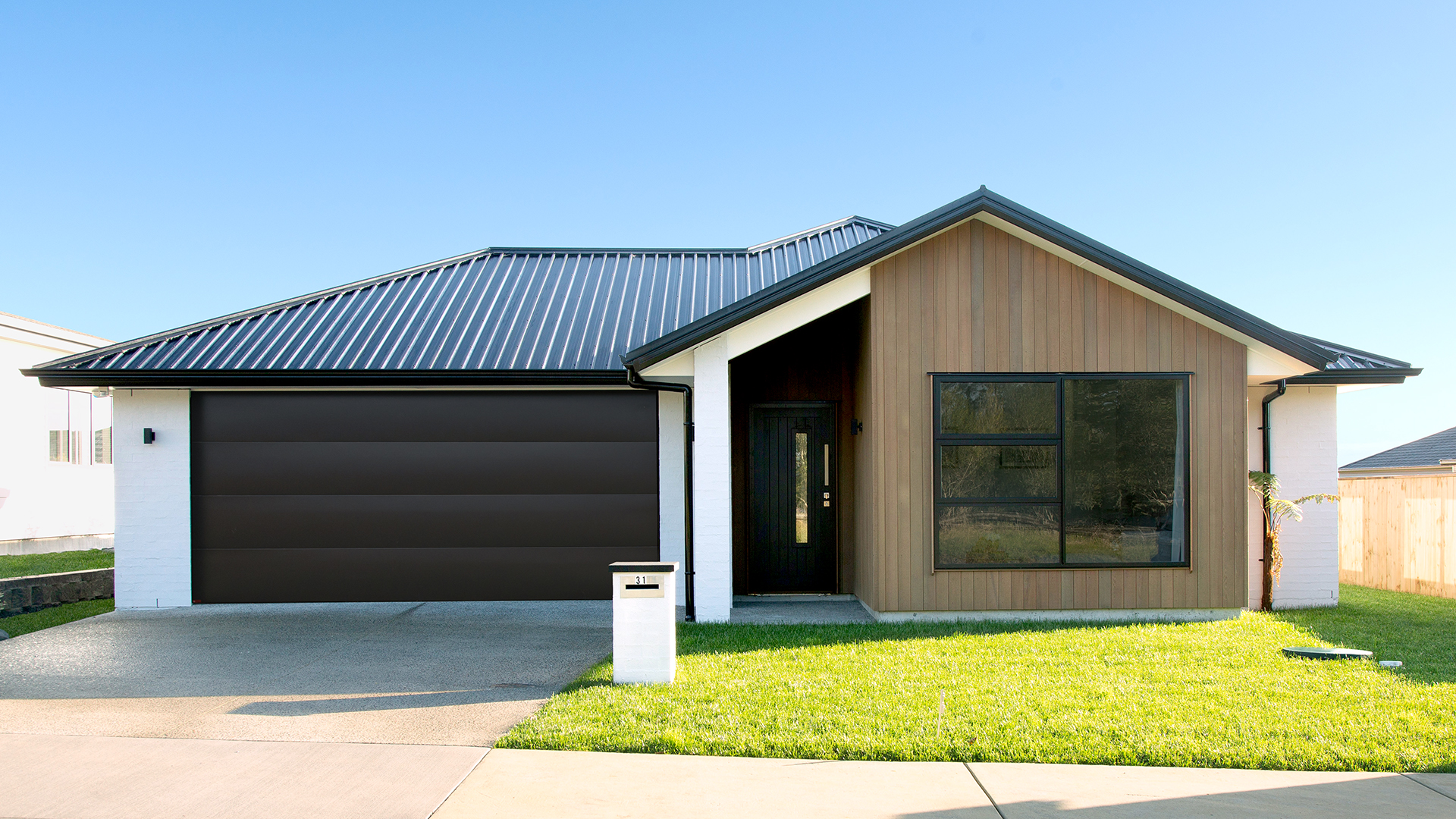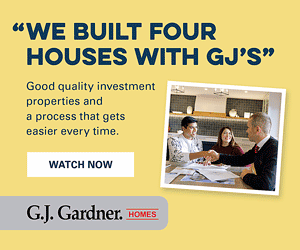Working Well to Live Well
Let’s face it, our calendars are full, our inboxes are fuller, and somewhere in the blur between Zoom calls and WhatsApp pings, the concept of “working well” has quietly slipped out the back door. Enter PEPWorldwide, a global consultancy that’s been cutting through the chaos for more than three decades. Their mission? Helping individuals and organisations “work well to live well,” not through vague wellness jargon, but with practical, proven tools that turn stress into structure and burnout into breathing room.
At the heart of PEP New Zealand is General Manager Jo McFadden, a leader whose journey has been anything but linear. From sports-focused schooldays and a stint in international conference management to outdoor adventures and ten years as a stay-at-home mum, Jo’s path is a masterclass in reinvention. Since joining PEP in 2010 as a coach and facilitator, she’s helped shape a uniquely human approach to productivity, one that values empathy, adaptability, and the regular walk around the park mid-meeting.
We talk to Jo about leadership, burnout, the myth of the perfect career path, and why being “Pepped” might just be the answer we’ve all been looking for.
Let’s start with some context, can you take us back on your journey and your purpose?
In high school, I was really sporty, but academics were a struggle. Living with severe dyslexia in a system that wasn’t built for neurodiverse learners made things incredibly difficult. I often felt stupid, like my brain didn’t work the “right” way. That experience put me off the idea of further education after school, so instead I travelled and worked, seeking out places and people where I felt accepted for who I was.
Eventually, I did end up at university, but with a very different mindset. I was more open-minded and willing to give things a go. I had learned that dyslexia isn’t bad- it’s just different and that I needed to find my own way of doing things. That perspective, along with the work ethic I developed, has stuck with me ever since. It’s opened doors I never expected.
I’ve worked in all sorts of roles and organisations – from operations manager to organising events for a global company based in London. I’ve always been curious and up for a challenge. While I enjoyed every job, none of them ever felt like “the one”. For a long time, I saw that as a shortcoming. It seems that the people around me were on clear career paths. But over time, I’ve come to realise that variety gave me something really valuable: people skills, adaptability, problem-solving skills and a broader way of seeing the world.
Everyone’s journey looks different, and I’ve learned how important it is to embrace your own instead of constantly comparing yourself to others.
Taking ten years out of the workforce to raise our three children was a privilege. It was, without a doubt, the most challenging and rewarding chapter of my life. But returning to work after that time wasn’t easy. My confidence was low, and I questioned whether I had anything solid to stand on, career-wise.
So when the opportunity at PEP came up, it was exciting and terrifying at the same time. I didn’t feel ready, but I took the leap. What I’ve since realised is that the foundation I thought I lacked had been building all along – through every job, every challenge, and especially those years raising a family.
The real difference-maker was my ability to connect with people. That skill has proven invaluable in every role. Looking back, the mix of work and life experiences I ha, though not conventional, gave me a depth and adaptability I wouldn’t trade for anything.
I started PEP as a facilitator and coach, and then as my confidence grew and opportunities presented themselves, I moved into other roles.
During COVID, we pivoted to virtual delivery almost overnight and adapted to the situation like many businesses. It was around that time that our new owners asked me to lead the sales team and then a year later promoted me into the GM role. Having people around you that believe in you is key and I am grateful to the people who mentored me – it’s really a game-changer.
When you joined PEP, did things feel like they clicked?
Yes, they did. I’ve come to love the idea that our so-called imperfections are often the most perfect parts of us. For a long time, I didn’t think I belonged in leadership because I didn’t have a masters or MBA. But now I’d tell my younger-self: don’t chase a title – chase what lights you up. Surround yourself with people who lift you. And don’t be afraid to fail. Failure isn’t the end – it’s just clarity in disguise.
What did your goals look like in those early years?
Honestly, they were simple and heartfelt. I wanted to be present, a loving mum and give my kids a grounded, wholesome upbringing. Sometimes I wondered if I’d left it too late to build a career, like I’d missed the window. But now that my kids are grown, I know this is my time. And I think it’s important for leadership stories to include women like me. You don’t need to have done one thing your whole life or have a PHD to make an impact.
Does your varied experience now feel like a strength?
Absolutely. At the time, I thought I was falling behind. But now I see that those different roles – and the break to raise a family – gave me breadth. I’ve worked with all kinds of people and in so many organisations and environments. You absorb what works, and you learn to let go of what doesn’t.
I’ve also stopped being a people pleaser. I can’t be everything to everyone, so I focus on what energises me. That 80/20 principle really resonates – if 80% of what you do fills your tank, you’re right on track.
I follow my feelings too. If something doesn’t feel aligned, I don’t force it. Some might say I could’ve been a GM or CEO years ago. But titles have never motivated me – fulfilment does. Feeling connected, purposeful, like I’m making a difference – that’s what drives me.
What does it mean to be “PEPed”?
Being “PEPed” means learning how to work well. It’s about leading yourself. We all learn how to do a job, but not how to actually work – you copy others or wing it. PEP gives you principles and teaches you how to batch work, manage calendars and reduce stress. We help people stop taking their inbox to bed with them, and that includes their phone.
PEP isn’t rocket science, but it’s powerful. Even at CEO level, little tweaks can change a lot. It’s about clearing space so you can focus, recognise your priorities, feel in control and be less stressed.
I think I need to be “PEPed”.
(Laughs). So many people say that! It really does make a difference, but it’s hard to summarise the experience. “PEP is like a professional exhale”, as one of our participants recently put it. I love this because it literally creates the space to take a breath and examine how you work and why you do the things you do. People who go through our PEP program often say things like “I feel calmer and more in control” and “I’m saving two hours a day”. We’re not therapists, but when you reduce stress, everything shifts.
With all the tech changes for productivity, have the fundamentals changed?
We have seen firsthand the promise that technology will make things better, and it can. But burnout rates in New Zealand have skyrocketed. The volume, velocity and variability of information is overwhelming now. It’s 24/7. I think we need to remember that we are human beings, not machines and the human part often gets forgotten.
At PEP, we pair useful tech with good habits. It’s not about using every app-it’s about using the tools well with purpose. The tools can simplify our lives and create efficiencies, but so many people just aren’t taught how to use them well.
I think about how my dad’s generation worked. You’d go home, and maybe there’d be a fax in the morning. Now it never stops.
Exactly. You’d go home, and the day was done. Now it feels like we’re on a treadmill we can’t get off. Focus has become a lost art. At PEP, we help people find their footing again, not just at work, but in life. You’re not a machine. If things are working well and you don’t make changes, eventually burnout or illness will force you to.
Do you start from the same place with different clients? Are burnout and stress really that universal?
Completely. We work with CEOs, leadership teams, corporates, SMEs and central and local government, and the same patterns show up. People feel isolated in their stress, but they’re not alone. Once people feel safe, the stories start flowing. We help them build systems that support better lives, not just better work. The relief is often really emotional. It’s not about perfection. It’s about feeling seen and supported.
What are a few tips you’d offer someone starting the PEP journey?
Start by writing things down. Your brain isn’t meant to store everything. Clearing the mental clutter helps you sleep and breathe better. It really takes a weight off.
Take a minute each morning to check in with yourself. Where’s your stress sitting in your body? What needs attention?
Build in movement – we only get one body, walk in meetings, get outside, a 10-minute walk is better than eating lunch at your desk. If you tell yourself you haven’t got time to take a break, that should be your red flag that you need a break.
Find a great coach or mentor. You don’t have to do it all alone.
The basics matter too: sleep, sunshine, a good breakfast. My mornings are sacred. They set the tone for my whole day.
Do you still facilitate?
A little and I love it. I also coach and speak to organisations, which really energises me – well maybe even though I still get nervous. Supporting someone to take charge of their work and life never gets old. It’s why I do this work.
I still facilitate a bit, and I do some coaching and speaking gigs too. They fill my tank. Helping someone change their life is a buzz. It keeps me going.
Let’s talk leadership. Has the definition shifted since 2010?
Absolutely. Leadership isn’t about being the loudest or most polished. It’s about being consistent, authentic and people-first.
Empathy is essential. We all have it, it just shows up differently depending on our life experience. If you’re real with people, they’ll trust you. And trust isn’t built in big moments – it’s built in the small, everyday ones.
You also need to protect your team. Stand by them – have their backs. Own your mistakes. And yes, be decisive-even when you are unsure. Sometimes you’ll get it wrong, and that’s okay. If you lead with heart and humility, people will walk with you.
What’s the best bit of advice you’ve received along the way?
“Know what you want and know how to ask for it”. And if you don’t know yet? Start by eliminating what you don’t want. That’s where the clarity begins.











